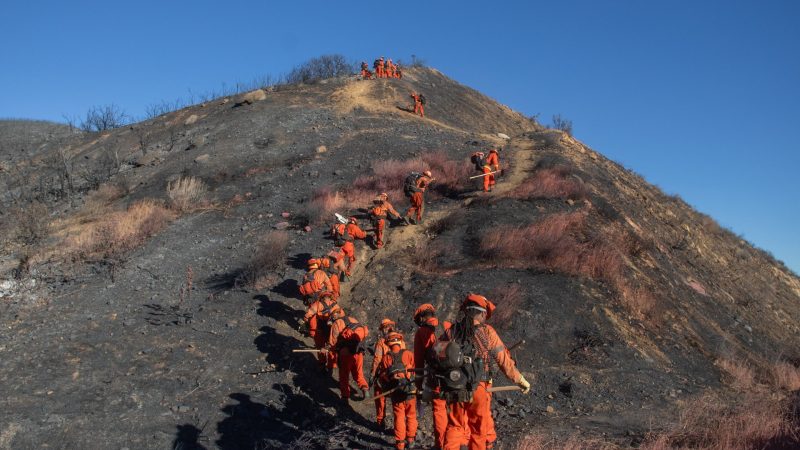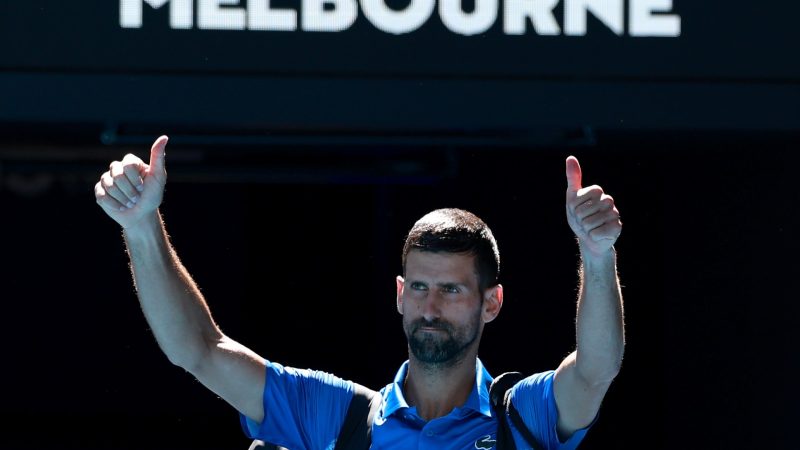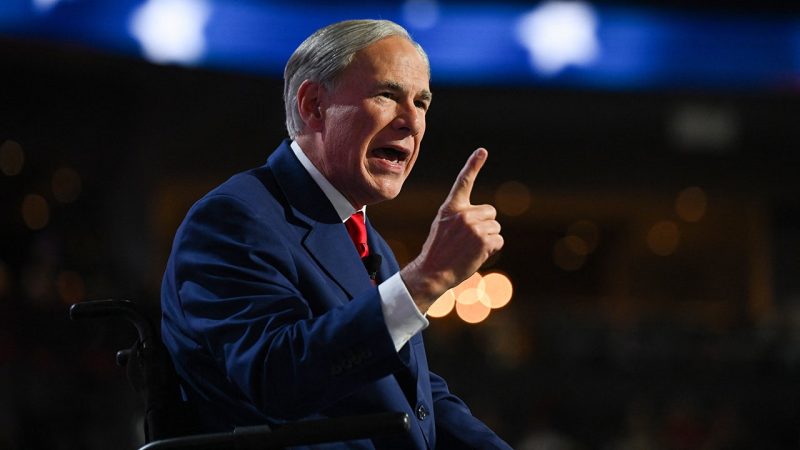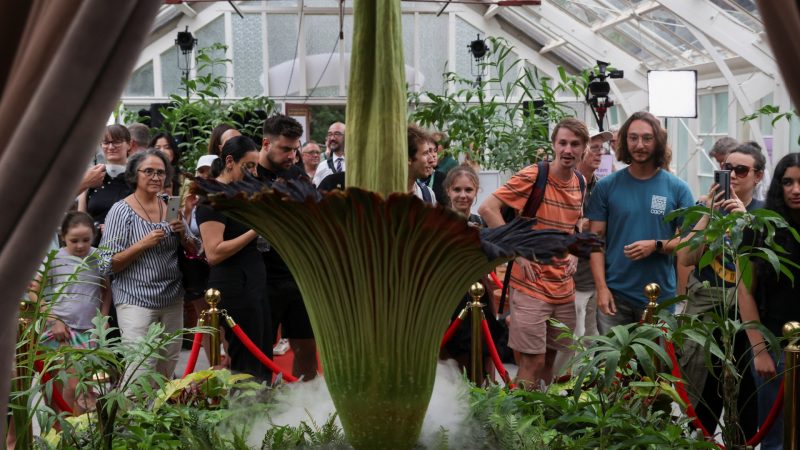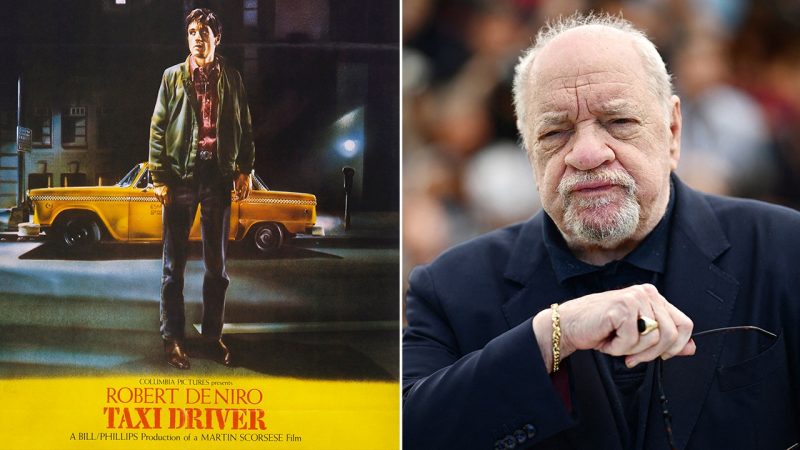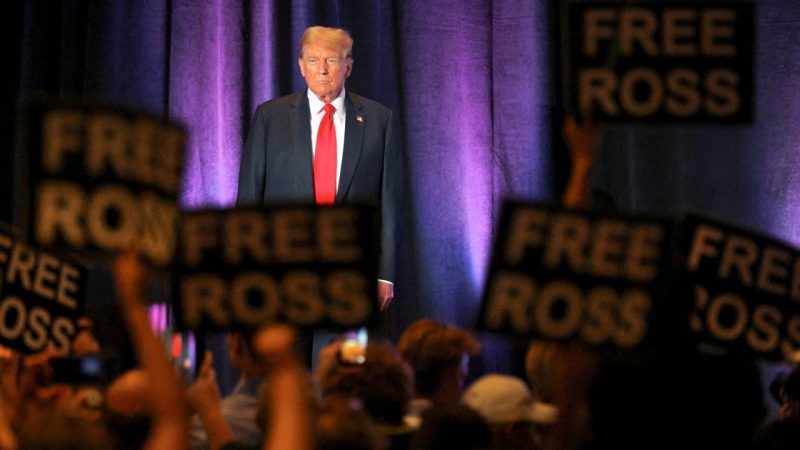Q&A: Leader of Myanmar’s shadow government talks civil war strategy in 2025 | Politics News
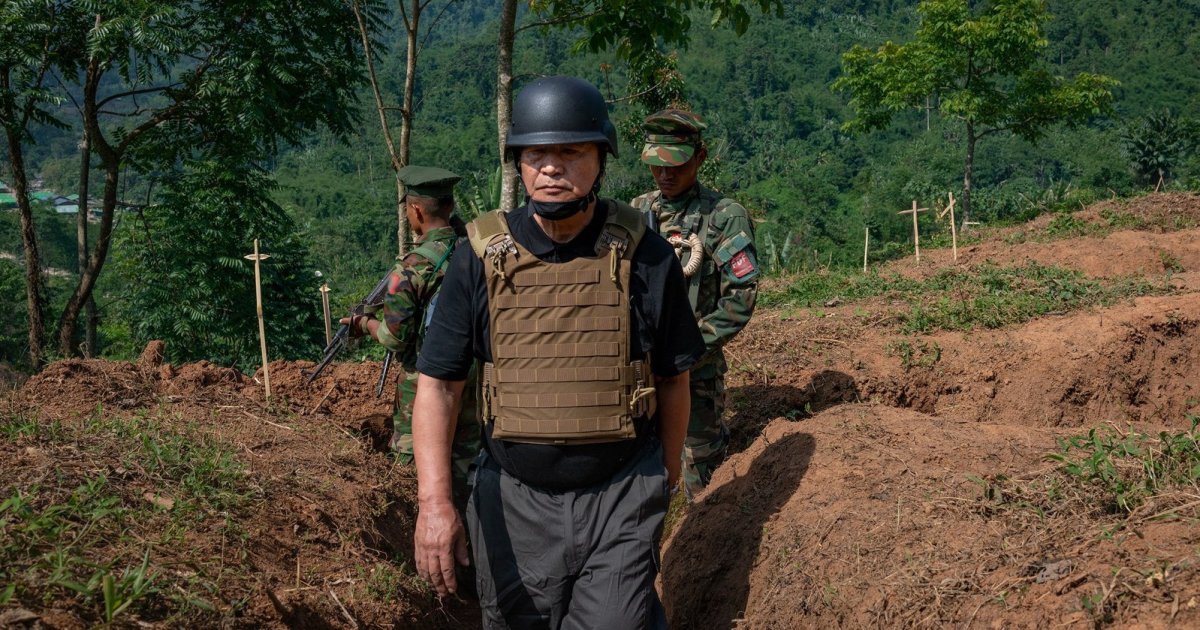
This year is likely to be one of the most pivotal in Myanmar’s modern history.
The country is embroiled in a civil war, ignited by the military’s 2021 coup against an elected government.
Fighting has escalated and the military regime, which calls itself the State Administration Council (SAC), has suffered mounting defeats. It has responded to the loss of control over border regions and swaths of territory to opposition forces with indiscriminate air attacks and atrocities against civilians.
The military’s most formidable opposition – a coalition of ethnic armed groups – now controls most of Rakhine state in the country’s east and from the border with China to the city of Mandalay in the north.
Another major opposition force is the National Unity Government (NUG) – described as Myanmar’s shadow government – in exile, which oversees a loose collection of anti-regime groups known as the People’s Defence Force (PDF).
The NUG faces challenges in gaining diplomatic recognition on the international front and its fighters are struggling to capture urban areas on the home front.
Al Jazeera spoke with NUG Acting President Duwa Lashi La about the movement’s military and political strategy in 2025 and the war’s likely end game.
Al Jazeera: Please describe the NUG’s strategy for 2025.
Duwa Lashi La: In 2025, we would like to accelerate the wave of our revolution. Although it began with very little resources, the revolution has become stronger. In 2022, we formed armed forces. In 2023, we could launch military operations. In 2025, we are seeking the end game. The people of Myanmar have suffered too much for all these years. We have to bear all these atrocities, while the world just watches on.
In 2025, we are aiming for the complete elimination of evil [regime leader] Min Aung Hlaing from our soil.
Armed revolution is a vital focus, but it’s not the only one. It’s politically important to have inclusive participation of all the armed forces. It’s also very important to have strong diplomatic cooperation with the international community and to gain more support from them.
Another important factor is good communication with the public, and good governing in our controlled areas. We’re aiming to improve in all these areas in the new year. To achieve that, we have a strategic plan.
Al Jazeera: What do you think will happen in 2025?
Duwa Lashi La: We aim to reach a tipping point in 2025, a similar situation to Syria when al-Assad fled the country.
We have to strike a final blow against the SAC.
Parts of the international community, such as the ICC [International Criminal Court], are also attempting to prosecute Min Aung Hlaing. We completely support this. It would be great if the international community could arrest him. We’ll also continue our effort to prosecute him within our country from every way possible.
However, international intervention is essential in this transitional period.
With simultaneous and collaborative attempts between the international community and resistance forces against the SAC, we believe the SAC would be destroyed at once.
It’s very important to cut off the financial flow to the SAC to achieve this goal. The military is backed by strong resources that they have acquired from decades of controlling the country. We need to stop this.
The international community should also stop purchasing from Myanma Oil and Gas Enterprise, a huge financial source for the military. Additionally, the international community should stop providing jet fuel and selling weapons to the military.
I strongly urge the international community to stop communicating with the SAC, associating with them and recognizing them.
Al Jazeera: Does the NUG consider itself a leader of the nationwide revolution?
Duwa Lashi La: The NUG is at the frontline of the revolution, as the people of Myanmar elected us to lead it.
The international community needs to recognize this mandate.
Although certain ethnic resistance organizations (EROs) don’t exactly recognize the NUG as a central government, we are performing as one. We are also in consultation with various ethnic armed groups. Some EROs see the NUG as a common, central body that they support. So, our duty is to fulfil this role. That is why we cannot lose this revolution.
Al Jazeera: Recently you called for the return of NUG ministers to Myanmar – the public welcomed this call. Have any returned yet?
Duwa Lashi La: Our policy is that the revolution should not become stuck. There must be progressive changes within our movement. This is the time for NUG ministers to live with the people on the ground, share the struggle together, and feel the good and the bad of what people experience.
That is why I have urged ministers to return to the country. As this is an important issue, we have been discussing it within the ministerial committee, exclusively comprising all ministers, for about two months now. Certain plans have been laid down by the committee regarding this issue. Some ministers in the committee pledged to come to the frontline.
Al Jazeera: When will the NUG reshuffle its ministers? And who do you have in mind to take over what roles?
Duwa Lashi La: This is classified information. However, we have been as transparent as possible about this. The NUCC [a policy advisory body, the National Unity Consultative Council] has also already announced the NUG’s reformation.
We completely agree with the reforms. We don’t intend to occupy these roles permanently. It is also important for strengthening the NUG. We are always ready to welcome more skilful and capable individuals who would like to contribute to the revolution.
We have plans to reshuffle ministers to strengthen and speed up the revolution. But, as to when and what reshuffling, I won’t disclose at present. We have agreed on doing that in early 2025. There will be some changes in early 2025.

Al Jazeera: What are the NUG’s conditions for peace talks with the military?
Duwa Lashi La: The NUG is always open for dialogue. We never close the door on peace talks. The problem is that the SAC never wants to engage in political dialogue with us.
But we have one condition, as is outlined in our joint statement with the K3C [an ethnic armed group coalition]. If the SAC agrees to at least three of our six requirements, such as accepting civilian rule, and declaring to the world they will never interfere in the country’s politics, then we can move forward with the peace talks.
It’s important that the world’s superpowers, neighbouring countries and ASEAN countries [the Association of Southeast Asian Nations] must be included in witnessing and ensuring the military’s departure from politics. If they cannot agree on these grounds, it will be difficult for us to have peace talks with the SAC.

Al Jazeera: How are you trying to convince ethnic resistance organisations to back you, and why are some EROs reluctant?
Duwa Lashi La: We need to look back to history to understand that. Myanmar has often had situations where many ethnicities participated together in revolution. For example, when we rebelled against Japanese rule, it was the Kachin who started the revolution, and then the Chin also participated.
The Burmese and Buddhist groups sided with the Japanese, as they were also Buddhists. I don’t mean to discriminate against any communities here; I am just explaining the situation based on the facts.
We are seen as a Western-influenced group. But this revolution is completely different because everyone is involved in this struggle, as they should be. There are some levels of mistrust among the ethnic armed groups. For example, the KNU [Karen National Union] was alone in rebelling against military dictatorship.
Similarly, the Shan also started to rebel against the central government in 1959 and established an independent chain of command – the Kachin in 1961 and, later, the Chin. Everyone has been independently fighting against military dictatorship.
To systemize everyone under one chain of command, each having their own central body, has been the biggest challenge for the NUG. We need to work as a joint chain of command, where all chiefs of staff will have a joint commanding system.
As for now, we are working under a coordination system for joint military cooperation, and, as we have seen, it’s going successfully. But in the future federal military, we will have to establish one chain of command with the help of experts and concerned parties.
Al Jazeera: In June 2023, the NUG approved the replacement of the 1982 Citizenship Law that denies equal access to full citizenship rights for Rohingya and others in the country. Has the NUG officially repealed this law?
Duwa Lashi La: This has been under our consideration since 2021, just after the coup. We released a statement on the amendment of the unjust 1982 law. But when and how to do it depends on the legal requirements and the country’s situation.
When the situation improves, as we often say during the transitional period, when we are able to include the opinion of the grassroots level, when we get the people’s mandate, the concerned government will definitely amend that law.
It is not something we can rush. If we amend a law without deliberate consultation, it would be a weak law that would need to be amended again and again. We would not have the public’s trust in such weak laws. We must take time to create a law that the people have full faith and strong belief in.
Al Jazeera: How will you address increased Chinese backing for the military regime?
Duwa Lashi La: We are always attempting to make China understand the realities in Myanmar. Not only China – we would like our neighbouring countries, such as India and Bangladesh, to realize the real situation.
I cannot understand why they would support this brutal, heartless military that destroys its own country. China is our neighbouring country. We cannot choose our neighbour. We can’t say that we don’t like to be their neighbour and move Myanmar to an island. That’s impossible. Whether we like it or not, we always need communication with China.

But it’s important for our neighbours to know what the people of Myanmar want. One thing is clear: Myanmar must be in accordance with the will of the Myanmar people, as noted in the United Nations Security Council Resolution 2669. The people of Myanmar do not want a military dictatorship. Period.
To persuade them, we are communicating with China in every diplomatic way possible, through any channel possible. As we are neighbours, we ensure security and better collaboration in economics and their investments, as it’s a very economic-orientated country. We have informed them that any bilateral agreement between a democratic government of Myanmar and China would be ensured.
Al Jazeera: The military has been committing atrocities with its indiscriminate air strikes. What is the NUG’s counter to these air strikes?
Duwa Lashi La: We have always expressed our desperate need for antiaircraft weapons to counter military air strikes through various media channels. Ordinary weapons have been unable to take down the regime’s highly modernized Russian-made jet fighters.
We really need effective weapons, like antiaircraft missiles. But there are many limitations to obtaining such military weapons.
It’s possible if there’s a will – take Ukraine, for example. We are confident to take the whole military down within six months if we are provided with such weapons.
If we could ever get support like Ukraine, this struggle would end immediately.
At least 6,000 innocent people have lost their lives so far. Hundreds of thousands of civilian homes, religious buildings and schools have been destroyed, and these atrocities are mainly because of the air strikes.
Once again, I seriously urge the international community to consider the Myanmar situation and support the people’s revolution.
This interview has been edited for length and clarity.
